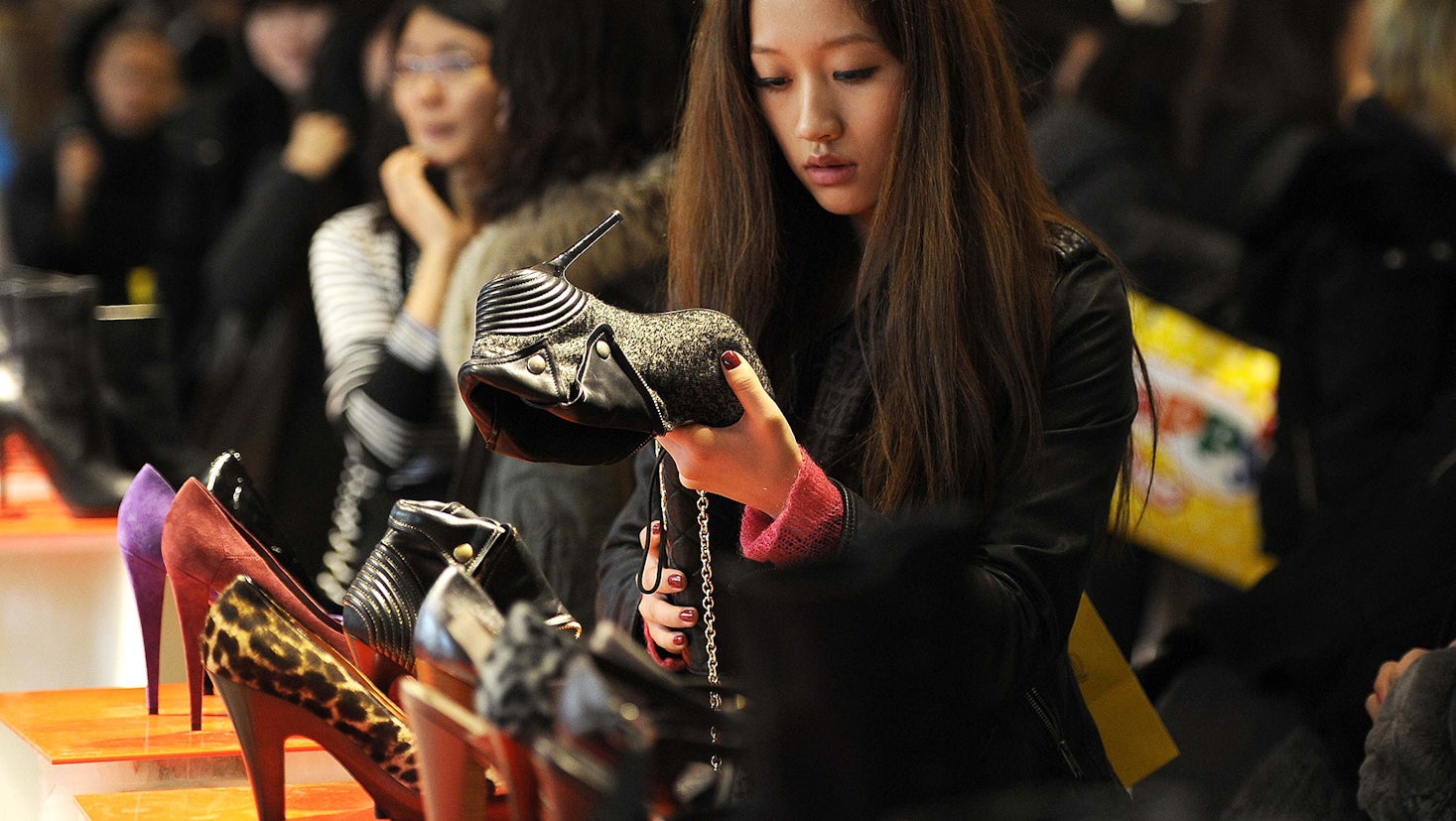
BEIJING, China — Gao, who only wishes to give her family name, has good reason to be discreet. When she tried to shop at a prominent online luxury retailer based in the UK, she ran into an unexpected burden that prompted her to use an illicit trade instead.
“I ordered two products,” she tells BoF, from Beijing, where she lives. “But when DHL received the parcels last week, they called me up to say that the parcel could not pass through China’s customs. I had to return my order and get a daigou to do it for me instead, [because] the daigou would deliver the parcel to me and not report the value inside.”
Due to hefty import tariffs and consumption taxes, as well as higher pricing strategies, prices for luxury goods can be 20 to 30 percent higher in China when compared to abroad. The disparity has given rise to daigou, a grey market trade where shopping agents purchase goods overseas and sell them back to customers in China, typically making a profit and saving the customer money at the same time, by avoiding import duties.
But after years of watching the illegal trade grow, the Chinese government has recently stepped in to tackle it by lowering import tariffs and tightening customs controls. Unfortunately, what Gao’s experience highlights is that some of these new measures have inadvertently created barriers for Chinese consumers who want to use legitimate channels to buy online. “It’s ridiculous,” she says, describing how the frustration and confusion left her feeling “forced to use daigou.”
“Either I cannot buy more than one item at a time…or the total value cannot be more than 1,000 RMB (about $152). If the goods are less than 1,000 RMB, you pay the tax, but if they’re more than 1,000 RMB, your parcel will be returned. [So I have to either] order them separately and pay [double] DHL overseas shipping fees, or use a daigou," she continues.
Authorities have been tightening the inspection of imported goods to combat ‘bi shui,’ a buzzword in anti-graft era China. “It means tax avoidance or tax evasion, it has a bad connotation,” explains Alice Wong, president of ImagineX Group, a management and distribution group in China that represents luxury brands including Marc Jacobs and Salvatore Ferragamo.
As a result, cross-border commerce has been problematic for Chinese mainlanders. David Zhao, founder and chief executive of e-tailer Shangpin, which offers brands such as Chloé, Topshop and Lanvin in China, says that since September, many people have reported trouble at customs. “I’ve seen people losing their parcels for no reason.”
In addition, legislation announced in August 2014 by the country’s General Administration of Customs declared that travellers must pay extra customs duty for any “personal use” products that are worth more than 5,000 RMB (about $760) — which is how daigou goods are typically labelled.
“Many consumers are aware that the practice [of daigou] is synonymous with ‘bi shui,’ but they take the risk anyway because they can get products cheaper,” says Wong. “With these new regulations in place, many daigou agents won’t be able to remain competitive and this will benefit proper cross-border channels.”
